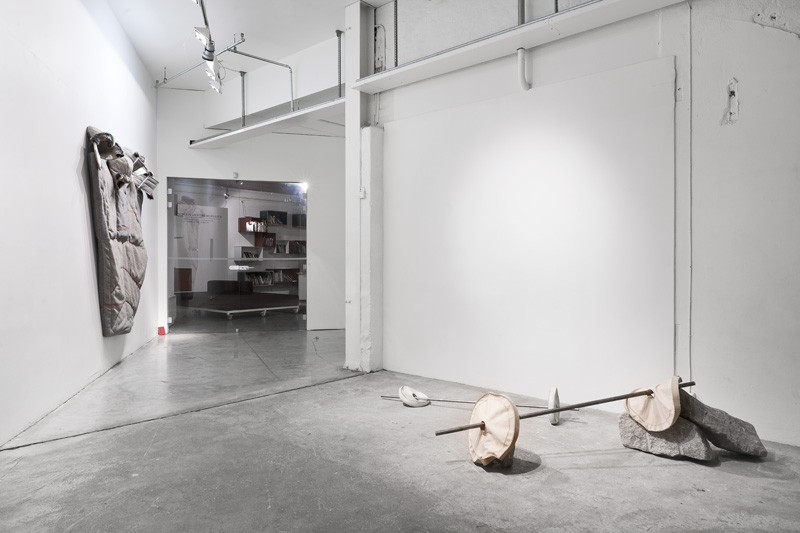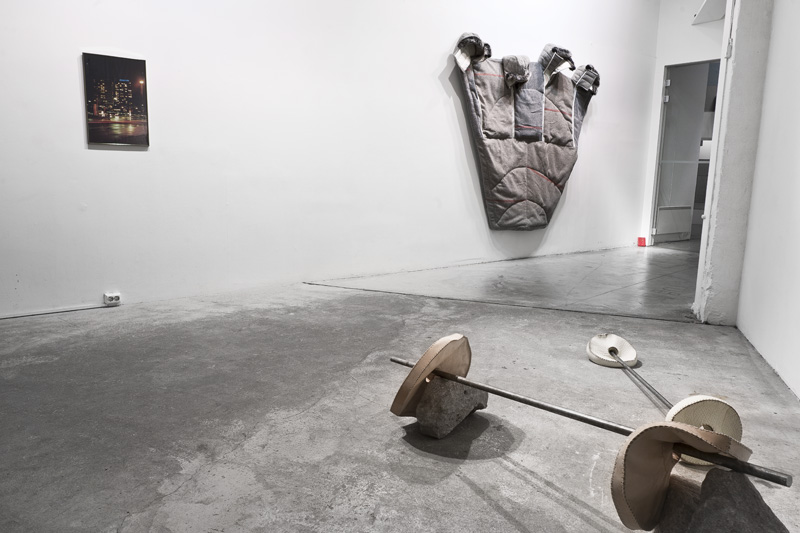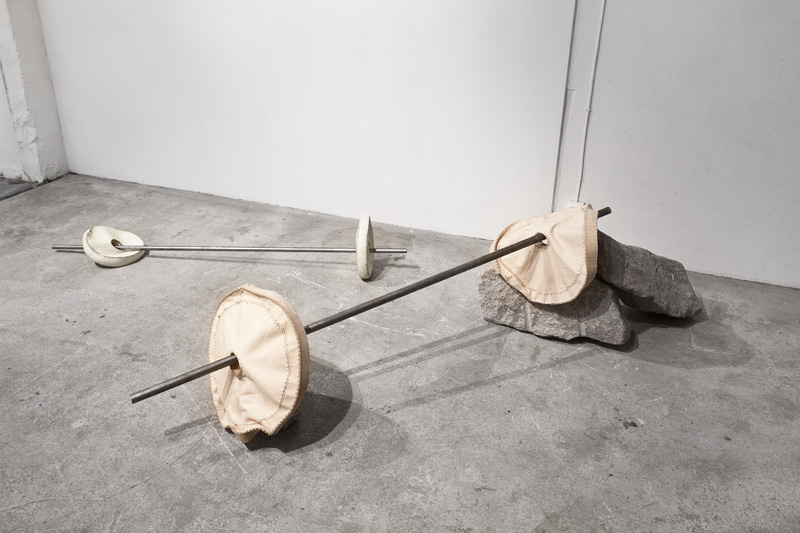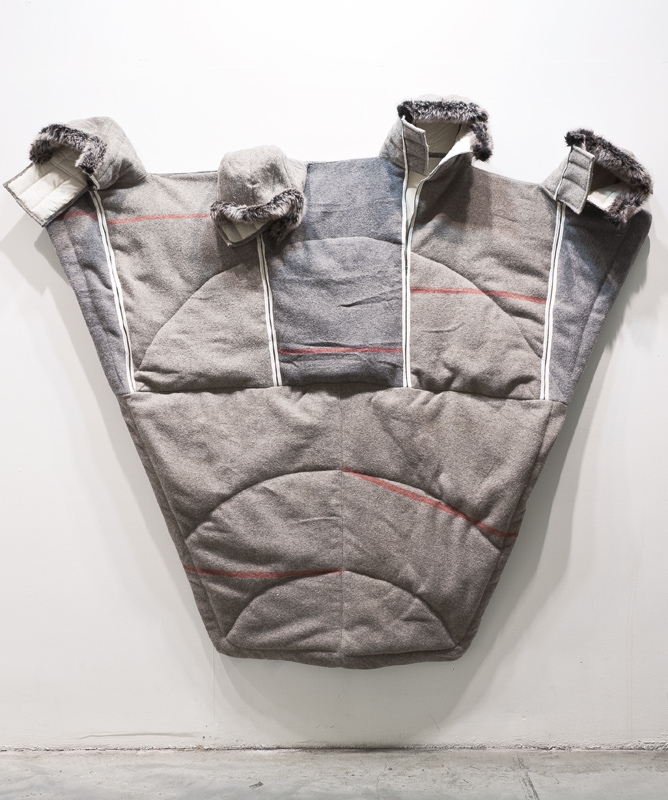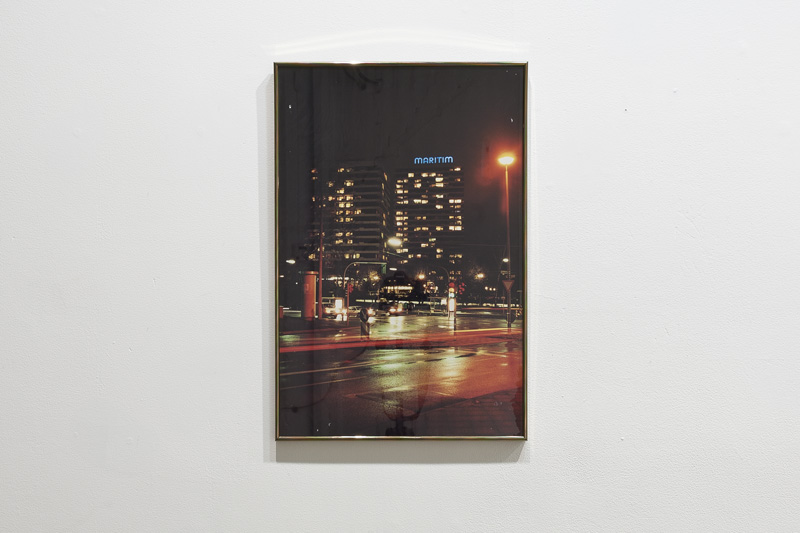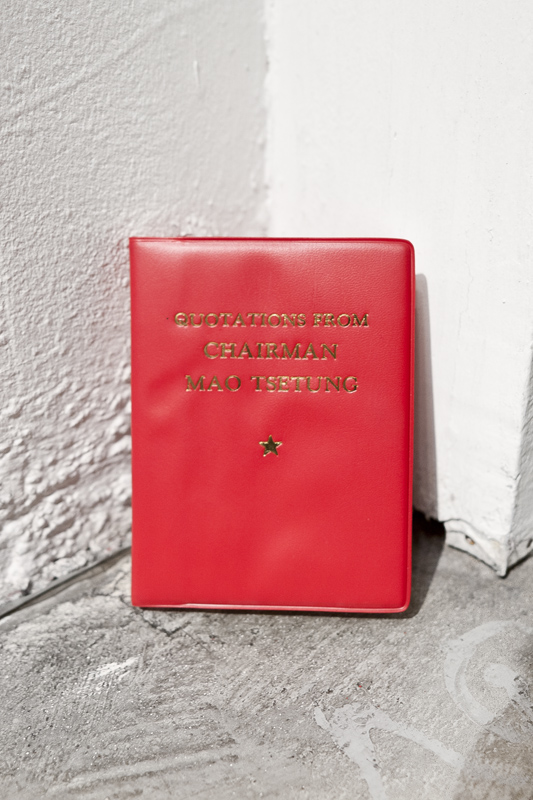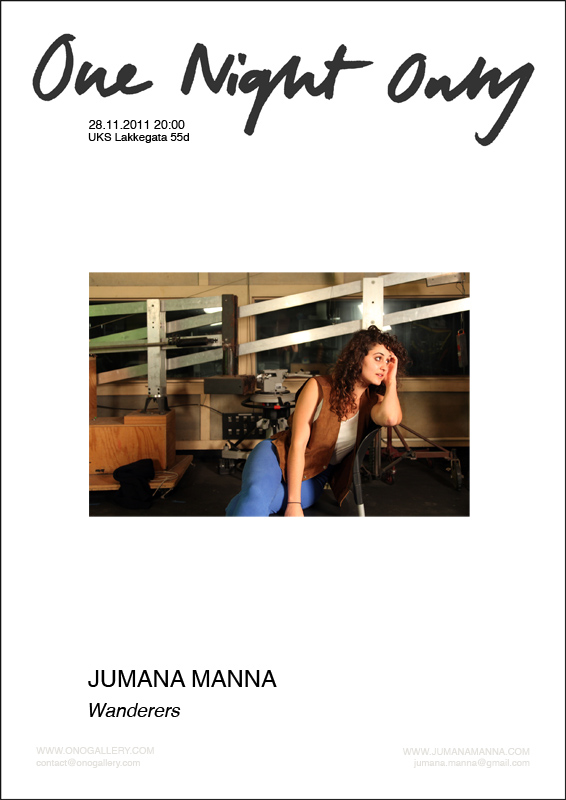
It occurred to me some time ago that for many of my art and academic friends, the success and viability of one's work are now measured by the accumulation of frequent flyer miles. The more we travel for work, the more we are called upon to provide institutions in other parts of the country and the world with out presence and services, the more we give in to the logic of nomadism, one could say, the more we are made to feel wanted, needed, validated, relevant. Our very sense of self-worth seems predicated more and more on our suffering through the inconveniences and psychic destabilizations of ungrounded transience, of not being at home (or not having a home), of always traveling through elsewhere. (1)
I would like to write you. Even though I know, if I begin, it will be one of those emails that I wake up in the morning thinking what have I done. I too should have installed google's new late night helper which asks you to use your brain rationally before allowing you to communicate with others.
What am I to write? How am I to explain that sensation I've felt too many nights over the past year. It is abstract to the extent that I cannot locate it exactly. I'm quite sure it's internal. The exterior space, all that around me floats rather lightly, as though I'm in mid air with all objects cluttering my vicinity. It's size no larger than an orange or pomegranate, and it lays somewhere between my hip and my head. It is the air inside my chest, when it's attacked by a wave of heavy spirits, thickening the space where particles vibrate, doubling the weight of every cubicle of the volume of my lungs.
Why would you listen once again to my inner state? Why we have already discussed that times on end. The wanderer's disquieted relationship to place and language. Travel is an obsession, first serving this disquiet remedy through escapist fantasies. Then a reachable desire, and finally something dissipated into oblivion. Acted upon in whim.
Were we born into this tradition of poets as prophets? or would that be misusing history again to find familiarity, to construct a genealogy for my own psychology that will make it more bearable, less solitary, but one belonging to a community of memory.
The prophetic-poets encapsulated the character of the poet and the prophet as one. Traditionally, we think of poetry as an escape from given reality, and politics as a confrontation of the cold and dry one given to us. But do we not live in a cold land where the air dry, and is it not precisely these winter months where the greatest thoughts arise? Are not our global politics nothing less but a grotesque escape from responsibility, duties and debts.
As I was asking myself these questions today, I picked up Rilke's Letters on Life, and found solace in the following passage, with which I will end and return with more tomorrow.
The question whether art is to be experienced as a great forgetting or as a greater insight perhaps only appears to have an unambiguous answer. One could imagine that both points are valid: that a certain kind of surrender, which comes close to forgetting, could constitute the preliminary stage for new insights or a kind of transfer to a high plane of life where there would commence a more mature, greater seeing, a looking with rested, fresh eyes. To stay with forgetting, of course, would be most incorrect. I believe that when confronted with those arts that appear with overwhelming force (music, for instance), a lot of people simply surrender comfortably to it. This (I fear) may be what the majority understands quite properly as the "enjoyment" of art: a sluggishness at the expense of the abundances that are operative in a work of art. This is also where the quaint misunderstanding of the bourgeois sets in who instantly begins to relax wherever he sees that more has been accomplished than what he understands. Ultimately, it will be a matter of one's spiritual conscience how far one permits oneself to drown in an artistic impression or whether one may have to keep one's eyes open while persisting in it. (2)
(1) Miwon Kwon, From One Place to Another
(2) Rilke, Letters on Life
Jumana Manna b.1987 in Princeton, New Jersey. Lives and works in Oslo and Los Angeles. Manna was educated at Bezalel Academy of Arts and Design, The National Academy of Arts Oslo, and has recently graduated from the Aesthetics and Politics Masters Program at CalArts. Recent shows include Concorde, Los Angeles; Film Lincoln Center, NY, Vox Populli, Philadelphia, Gallery D.O.R Brussels, Kunsthall Charlottenburg, Copenhagen, Kalmar Konstmuseum, SE and Petach Tikva Museum, IL, Upcoming shows Miami Basel, Dox gallery, Prague, Kunsthall Oslo and CRG gallery, NY.
I would like to write you. Even though I know, if I begin, it will be one of those emails that I wake up in the morning thinking what have I done. I too should have installed google's new late night helper which asks you to use your brain rationally before allowing you to communicate with others.
What am I to write? How am I to explain that sensation I've felt too many nights over the past year. It is abstract to the extent that I cannot locate it exactly. I'm quite sure it's internal. The exterior space, all that around me floats rather lightly, as though I'm in mid air with all objects cluttering my vicinity. It's size no larger than an orange or pomegranate, and it lays somewhere between my hip and my head. It is the air inside my chest, when it's attacked by a wave of heavy spirits, thickening the space where particles vibrate, doubling the weight of every cubicle of the volume of my lungs.
Why would you listen once again to my inner state? Why we have already discussed that times on end. The wanderer's disquieted relationship to place and language. Travel is an obsession, first serving this disquiet remedy through escapist fantasies. Then a reachable desire, and finally something dissipated into oblivion. Acted upon in whim.
Were we born into this tradition of poets as prophets? or would that be misusing history again to find familiarity, to construct a genealogy for my own psychology that will make it more bearable, less solitary, but one belonging to a community of memory.
The prophetic-poets encapsulated the character of the poet and the prophet as one. Traditionally, we think of poetry as an escape from given reality, and politics as a confrontation of the cold and dry one given to us. But do we not live in a cold land where the air dry, and is it not precisely these winter months where the greatest thoughts arise? Are not our global politics nothing less but a grotesque escape from responsibility, duties and debts.
As I was asking myself these questions today, I picked up Rilke's Letters on Life, and found solace in the following passage, with which I will end and return with more tomorrow.
The question whether art is to be experienced as a great forgetting or as a greater insight perhaps only appears to have an unambiguous answer. One could imagine that both points are valid: that a certain kind of surrender, which comes close to forgetting, could constitute the preliminary stage for new insights or a kind of transfer to a high plane of life where there would commence a more mature, greater seeing, a looking with rested, fresh eyes. To stay with forgetting, of course, would be most incorrect. I believe that when confronted with those arts that appear with overwhelming force (music, for instance), a lot of people simply surrender comfortably to it. This (I fear) may be what the majority understands quite properly as the "enjoyment" of art: a sluggishness at the expense of the abundances that are operative in a work of art. This is also where the quaint misunderstanding of the bourgeois sets in who instantly begins to relax wherever he sees that more has been accomplished than what he understands. Ultimately, it will be a matter of one's spiritual conscience how far one permits oneself to drown in an artistic impression or whether one may have to keep one's eyes open while persisting in it. (2)
(1) Miwon Kwon, From One Place to Another
(2) Rilke, Letters on Life
Jumana Manna b.1987 in Princeton, New Jersey. Lives and works in Oslo and Los Angeles. Manna was educated at Bezalel Academy of Arts and Design, The National Academy of Arts Oslo, and has recently graduated from the Aesthetics and Politics Masters Program at CalArts. Recent shows include Concorde, Los Angeles; Film Lincoln Center, NY, Vox Populli, Philadelphia, Gallery D.O.R Brussels, Kunsthall Charlottenburg, Copenhagen, Kalmar Konstmuseum, SE and Petach Tikva Museum, IL, Upcoming shows Miami Basel, Dox gallery, Prague, Kunsthall Oslo and CRG gallery, NY.
